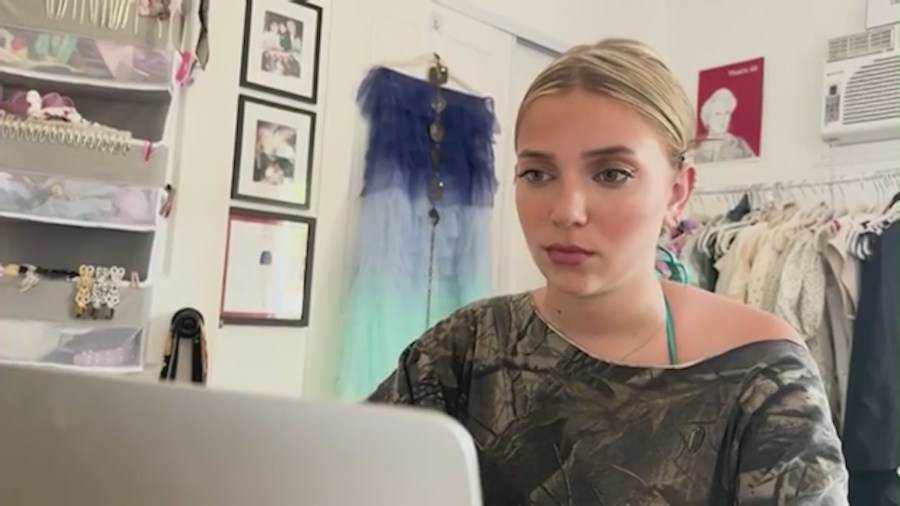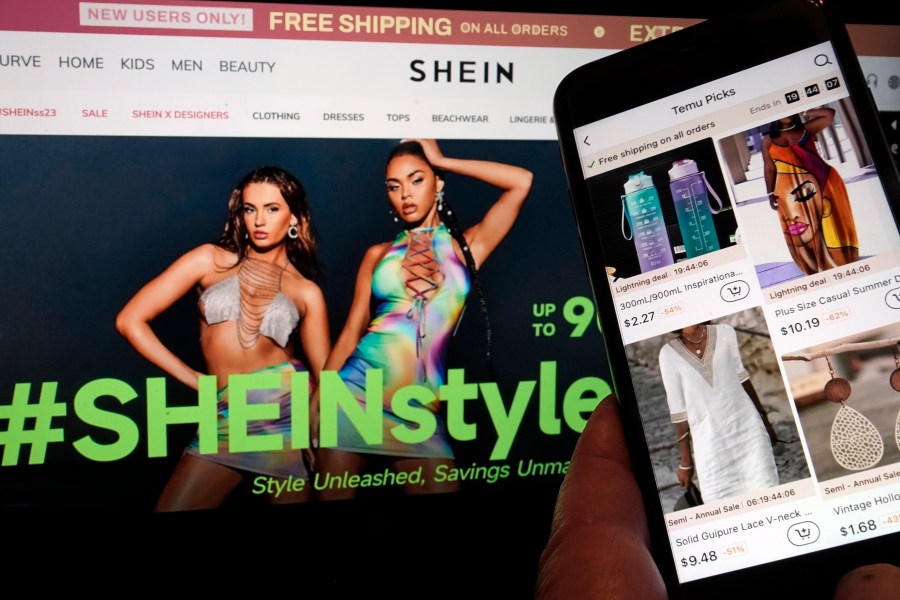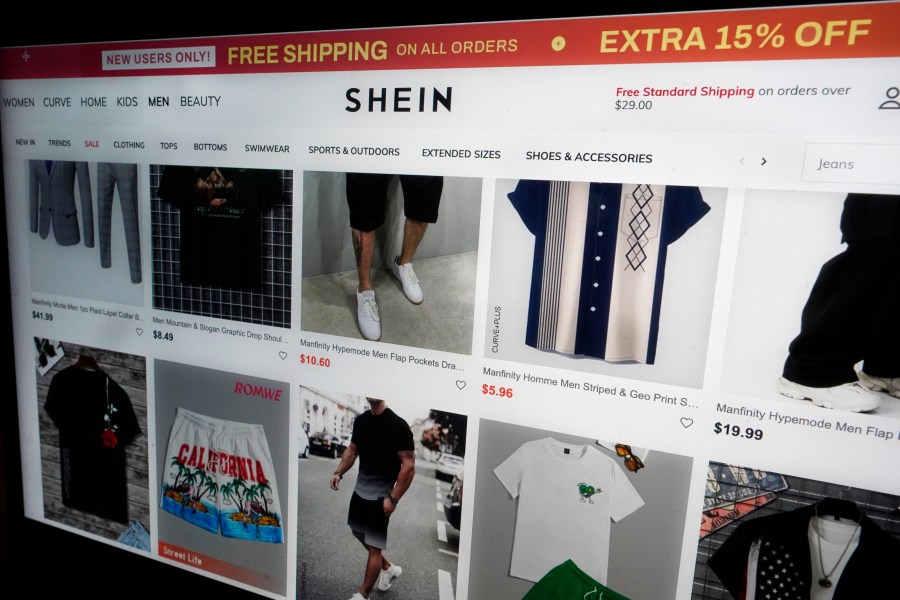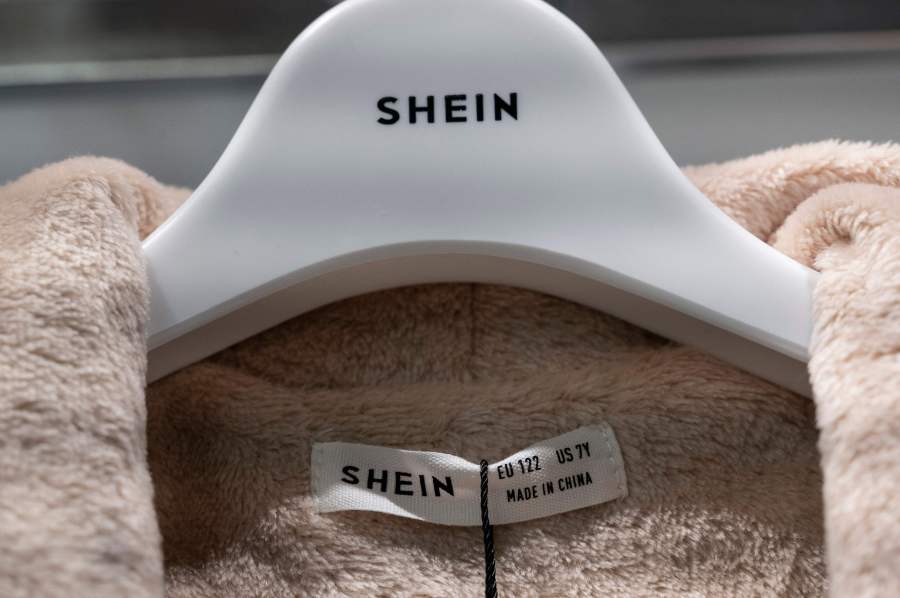A Los Angeles fashion student is taking a stand against one of the largest fashion producers in the world after Shein announced a partnership with the Fashion Institute of Design and Merchandise.
Lexy Silverstein, a 20-year-old student at FIDM, is speaking out against her school’s collaboration with Shein, saying the move marks the antithesis of much-needed sustainability in the fashion industry.
As one of the largest fast-fashion companies in the world, Shein, among others, is known for producing a large amount of clothing and accessories with cheap materials and oftentimes, questionable labor practices.
“I was just shocked,” Silverstein said. “The biggest thing for me is, how can a fashion institute that markets itself as one of the Top 10 most sustainable fashion schools in the world partner with Shein, one of the biggest fast fashion contributors in our industry today?”
Silverstein believes her school needs to practice what it preaches to its students every day.
Shein had offered 12 FIDM students a $40,000 scholarship and the chance to design a custom collection for the company.
Despite the welcome addition of such opportunities, Silverstein believes Shein is not the right company for FIDM to consider and doing so is a hypocritical move.
“I’ve always wanted these scholarships to be honored,” Silverstein said. “Just by a better company because Shein was the worst possible option for something like this.”
Earlier this year, a U.S. Congressional Commission pressed Shein on its labor operations, Suggesting the Chinese company uses trade loopholes to allow imports from band regions that use Uyghur-forced labor.
Uyghurs are a mainly Muslim-ethnic minority in China. Some human rights groups and Western governments have accused the country of administering forced labor and internment against the minority group.
The U.S. Commission also expressed concerns over product safety hazards and intellectual property theft.
Shein has denied all allegations, with its CEO confirming that the company produces around 1,000 new items per day.
“We learn sustainability and we’re taught that we’re the future of the fashion industry, but there can be no future of the fashion industry and no future of the planet if we keep going at the rates Shein is going,” Silverstein said.
Silverstein spoke with her FIDM classmates who also said they felt the partnership did not align with their values as fashion designers and students.
Silverstein started a petition to end all fast-fashion partnerships with FIDM in the future. So far, the petition has garnered around 5,000 signatures.
In a statement to KTLA, FIDM said, in part, that after consideration, the partnership and scholarship “would allow talented students who may not otherwise be able to complete their education to do so.”
Shein also stood by the collaboration saying the opportunity removed “some of the barriers typically associated with the fashion industry.”
Silverstein is now working with her school to create a committee of student representatives who would have more input and voice regarding similar partnerships in the future.
“The students can have more of a say in what happens at our school and in future partnerships so the school can really align with how its students genuinely feel,” Silverstein said.
When asked what the average person can do to combat wasteful fashion practices in their daily lives, Silverstein said the changes are easy.
Buying from thrift or second-hand stores, renting clothes instead of purchasing new, and investing in higher quality pieces that will last longer than cheap items that may lose their structure and shape after several wears and washes are great first steps.
The full statement from Shein regarding the case reads:
“The purpose of this scholarship program and curriculum is to benefit up-and-coming design students in the LA community by removing some of the of the barriers typically associated with the fashion industry. With more than 20 proud FIDM alums currently working at SHEIN and our U.S. corporate headquarters only a few blocks away from FIDM’s campus, this is a cause close to our hearts, and is part of SHEIN’s commitment to empowering young designers and artists through our SHEIN X designer incubator program.”
The full statement from Barbara Bundy, Vice President of Education at FIDM, reads:
“We are grateful for the scholarship opportunities Shein has brought our students to further their education. After careful consideration of the project, we determined it would allow talented students who may not otherwise be able to complete their education to do so. Through this partnership, the 12 students have been given insight into the business side of fashion and how a product is made end-to-end.”

















